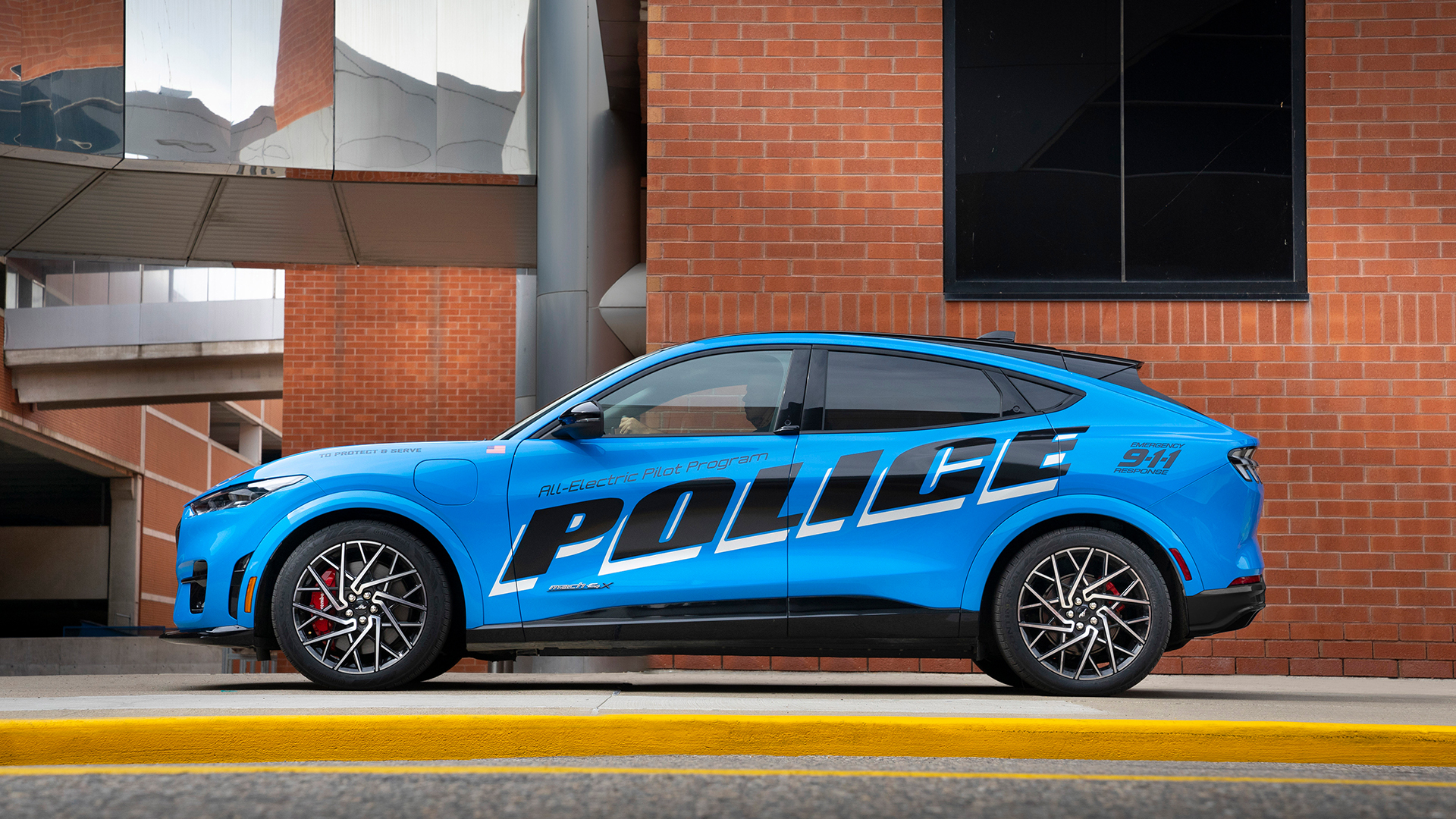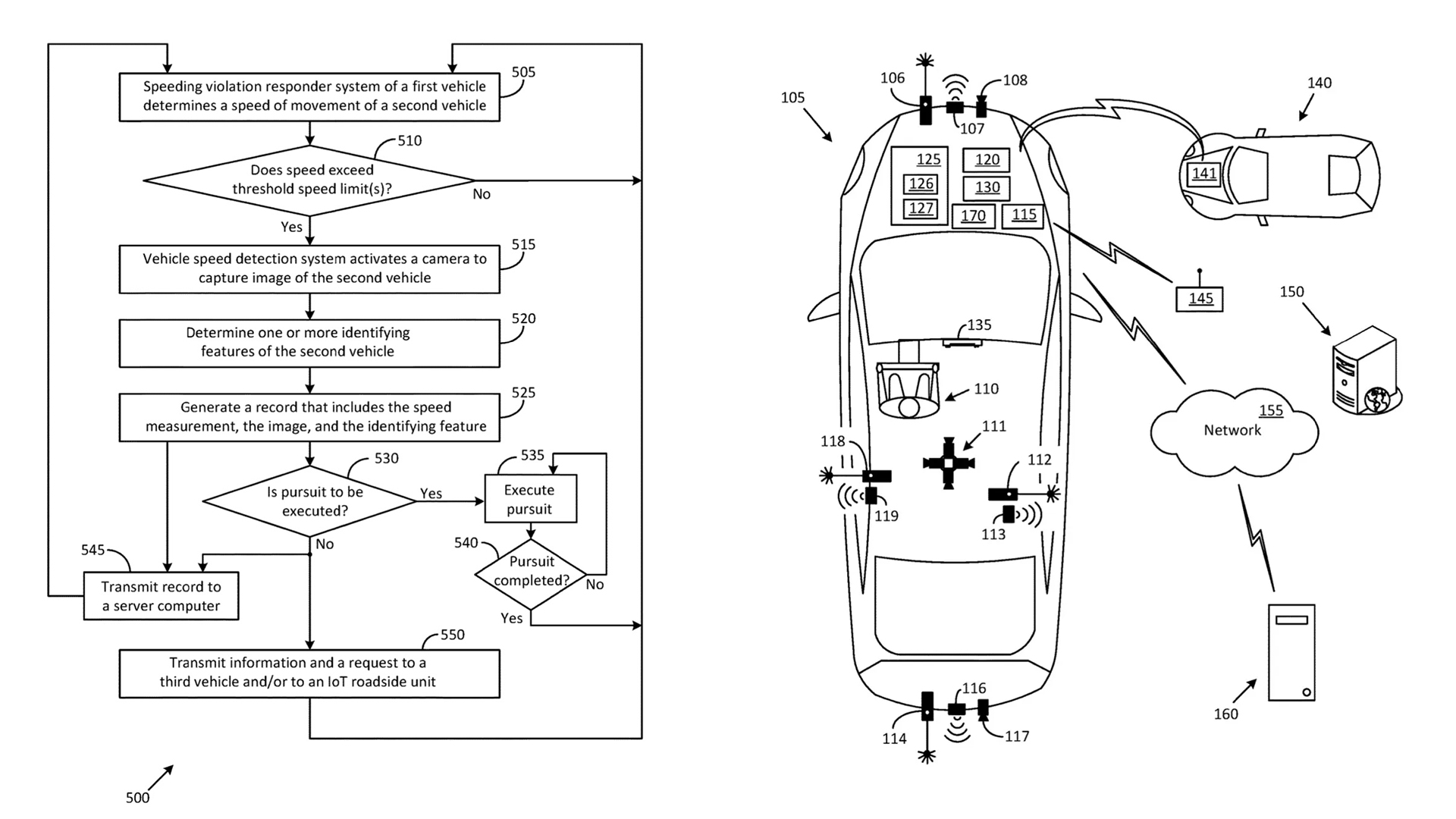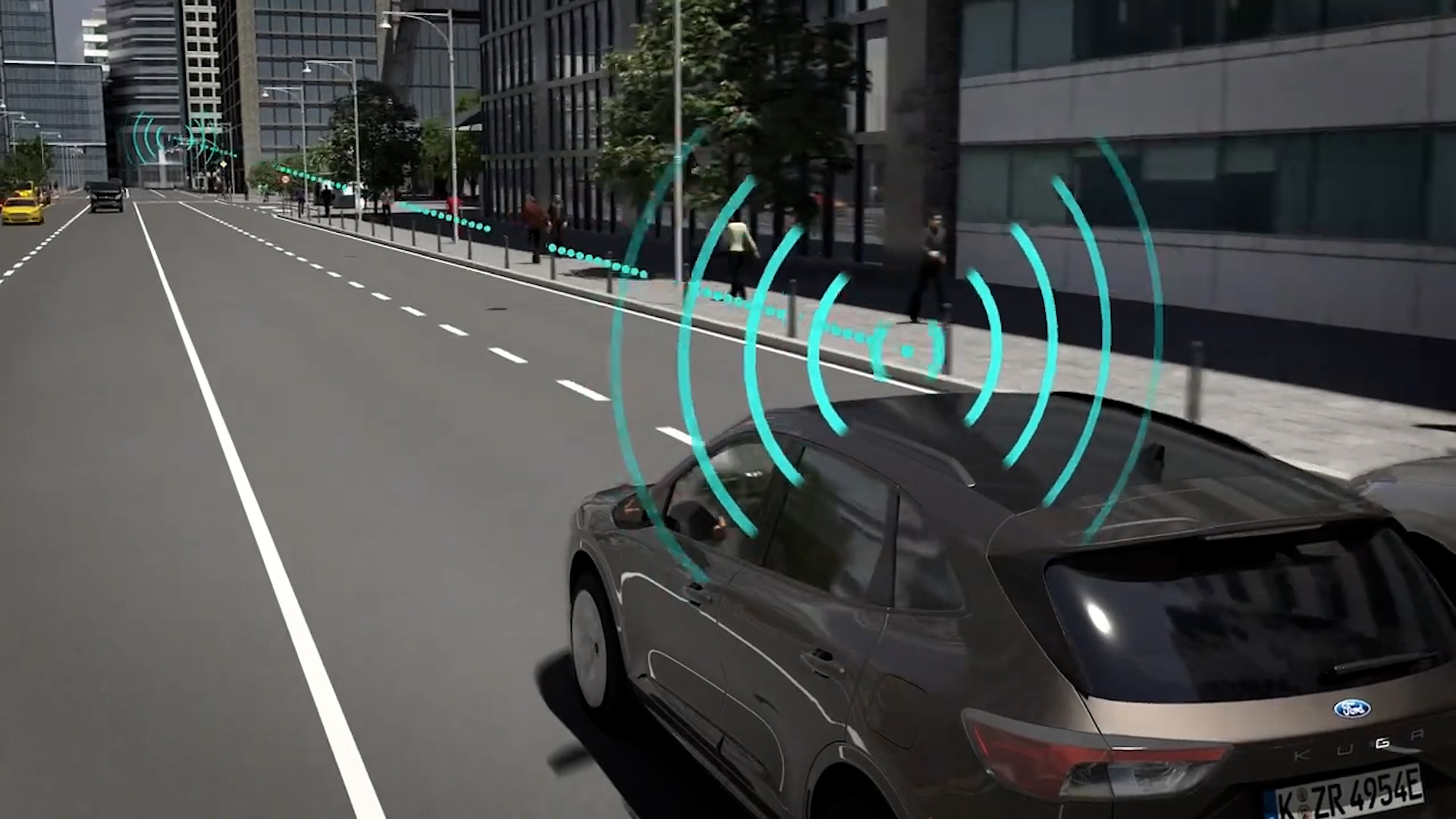Ford could be working on a camera system that automatically reports speeding vehicles

A recent patent filing by Ford titled "Systems and Methods for Detecting Speeding Violations" appears to show that the company is looking at a way of automatically snitching on speeding motorists.
According to the United States Patent and Trademark Office (USPTO), the filing looks at ways Ford can use vehicles and their on-board camera and sensor technology to first detect a speeding motorist and then report them to the authorities.
A series of basic sketches and flow charts show how Ford’s technology can sense when motorists are driving over the speed limit, subsequently activate the camera and capture images before passing the information on to nearby 'pursuit vehicles' or logging it to a server.
The patent states that speed of the offending vehicle, GPS location data and clear imagery or video can be captured and sent to the relevant authorities, which can then decide to initiate a pursuit.

However, Ford has now told us that the future tech is destined for specially-adapted police patrol cars, rather than passenger vehicles or autonomous taxis. You can see Ford's statement to us at the bottom of this page.
Big Brother is watching you

While this patent is for law enforcement vehicles, the modern motorist is now under increased scrutiny for speeding and other traffic violations thanks to the rise in camera technology, sensor performance and even artificial intelligence.
It is now almost impossible to run a red light, speed through road works, drive in a bus lane or accidentally block a crossing without being snapped and fined.
Sign up for breaking news, reviews, opinion, top tech deals, and more.
What’s more, the introduction of next-gen, AI-infused traffic cameras can now spot when drivers are using a mobile phone when behind the wheel, failing to wear a seatbelt or performing some other 'distracting' task.
It’s highly unlikely that Ford’s recent patent will ever see the light of day, but it doesn’t help with the general feeling that surveillance of all kinds is getting out of hand.
Motorists are already perturbed at the amount of driving data that is exchanging hands between carmakers and insurance brokers, or how Software Defined Vehicles are busy tracking every move.
In Europe, it is now mandatory that all new cars sold are fitted with Intelligent Speed Assist features, which either automatically slow the car to the road’s legal speed limit or bludgeon the driver into slowing down with increasingly irritating acoustics and haptics.
Soon, every new car will be so annoying, there will be no need to have snitching Fords roaming the streets.
Update August 6, 2024: Ford reached out to us to confirm that the patent is intended for law enforcement vehicles. Here's the official statement from Ford: “The patent explicitly states this idea for a system is specific for application in law enforcement vehicles, such as the Ford Police Interceptor, as it would automate a capability that law enforcement already have in use today, except this could utilize the built-in systems and sensors in law enforcement vehicles in the future. This patent does not state that driving data from customers’ vehicles would be shared with law enforcement, which is what some media have incorrectly reported. And note, patent applications are intended to protect new ideas but aren’t necessarily an indication of new business or product plans.”
You might also like

Leon has been navigating a world where automotive and tech collide for almost 20 years, reporting on everything from in-car entertainment to robotised manufacturing plants. Currently, EVs are the focus of his attentions, but give it a few years and it will be electric vertical take-off and landing craft. Outside of work hours, he can be found tinkering with distinctly analogue motorcycles, because electric motors are no replacement for an old Honda inline four.